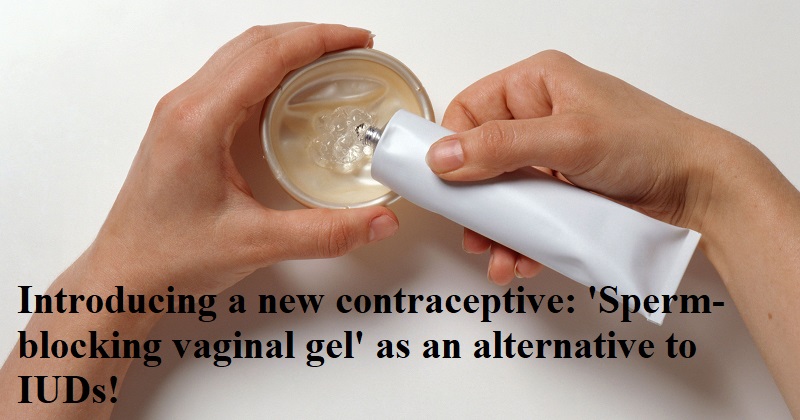
For the purpose of preventing sperm injection into female sheep, a vaginal gel has been utilised as an alternative to hormonal contraceptives. Hormone-based birth control methods, such as the pill and hormonal intrauterine devices (IUDs), are extremely successful but come with certain drawbacks, including mood swings, a decline in sex drive, painful breasts, nausea, and headaches.
Non-hormonal methods of contraception like condoms, diaphragms, and fertility tracking apps, however, do not have these side effects and are less effective at preventing pregnancy. Ulrike Schimpf and her coworkers at KTH Royal Institute of Technology in Sweden have developed a hormone-free vaginal gel that may have similar effects as hormonal contraceptives without the undesirable side effects.
The gel’s main ingredient is the biopolymer chitosan, which comes from either crab or mushroom shells. Chitosan elicits the production of cross-links with the proteins produced in cervical mucus. Sperm cannot penetrate the cervix and reach the fallopian tubes, where egg fertilisation occurs, as a result of the thicker mucus.
The sheep vagina, which are similar to human vagina, were treated with the gel by injection using a syringe applicator. One hour later, 1 billion sperm were artificially suckled into each of the eight sheep studied. The entrance of the cervix and the vaginal wall had both been found to be coated with the gel. Just two of the 1 billion swimming sperm were able to pass the cervix of one of the sheep in the study, proving that it formed an effective barrier.

Post Your Comments